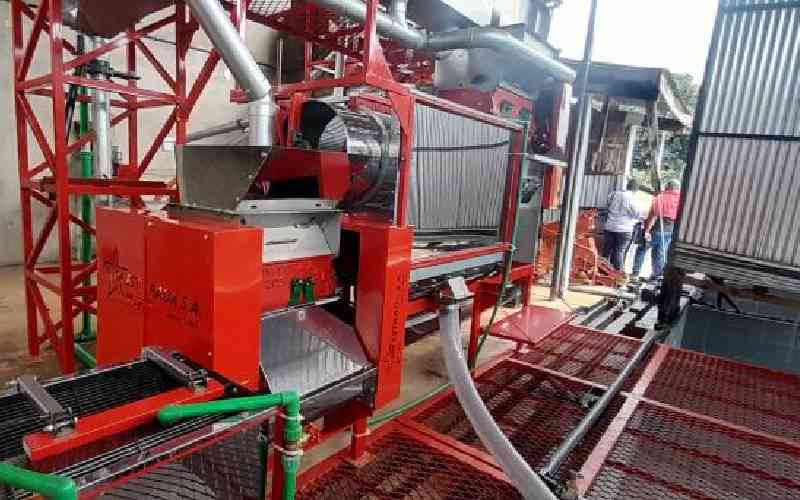×
The Standard e-Paper
Join Thousands Daily

Coffee is a major cash crop in the country but the effects of climate change have caused a decline in production.
Besides erratic weather, the coffee sector exacerbates climate change by emitting greenhouse gases at different stages of the supply chain.